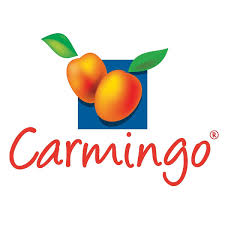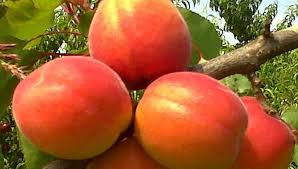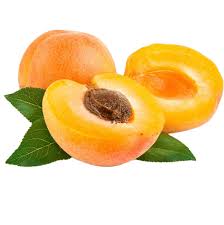

Apricots in supermarkets have always been seen as a niche product and the new Carmingo range, offer a season extension. The product is a winner for consumers because of its good size, high natural sweetness and good shelf life.
Production Areas
Apricots thrive in areas with cold, dry winters and dry, hot summers. While they are produced throughout South Africa, the bulk of production takes place in the Western Cape under winter rainfall conditions.
Apricot Season
Depending on climatic conditions, the production area and cultivar, the apricot season in South Africa takes place from November to March, with small volumes trickling in around April.
Apricot Uses
Apricots are high in fibre, vitamins, especially vitamins A and C, and minerals. The fruit and skin are edible, but the stone is discarded. Apricots can be enjoyed fresh or canned, pureed, dried, preserved or juiced. They are also used to make chutneys and are included in cooking.
Production
Trees require a minimum of 4000 m3 water/ha per year. Production costs and labor are relatively similar to that of the older apricot cultivars but the establishment costs are significantly higher. This is working out at about R80/tree, as the plant material is subject to royalties.
Trees are usually planted at a density of 1000/ha spaced at 2,5m in the row and 4m between the rows, as these trees have a more upright growth. The fruit may be exported only by licensed exporters, which in South Africa are Icon Fruit, Delecta, Cape 5 and Stems.
To enable you to start successfully or to expand your farming operation you will need a Professional and well – structured Agric/Farming type of Business Plan.
CONTACT US NOW FOR PROFESSIONAL HELP BY AN EX – BANK MANAGER AT (27)11 704 1248 or (27) 84 583 3143 or email us at – money@global.co.za

